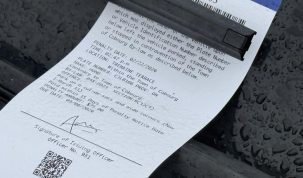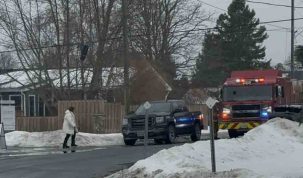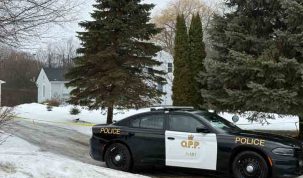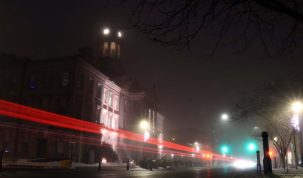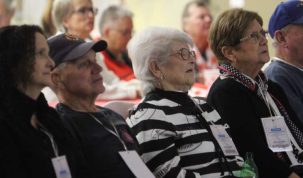By Cecilia Nasmith/Today’s Northumberland
The Town of Cobourg urges residents to be courteous and respectful of neighbours, emergency responders and essential-service workers by avoiding on-street parking whenever possible.
In order to avoid inconveniences and obstructions to these vehicles, residents are encouraged to use designated parking spaces on personal property whenever possible, as opposed to frequent or long-term on-street parking.
“The main function of a street is to transport vehicles from one location to another,” Director of Public Works Laurie Wills said in the press release.
“In order to do so efficiently, it is best for a street to be free and clear of obstacles, including parked vehicles.
“While we understand that on-street parking may be necessary in some cases, it is important that we consider not only our neighbours, but also our emergency responders, couriers, snowplows, waste-collection drivers and maintenance crews so that everyone can utilize the street safely and appropriately.”
Through the Zoning Bylaw, the town requires that all new developments have two on-site parking spaces per unit (with a garage considered on-site parking). The requirement is slightly less for apartments and multi-residential units.
The municipal road allowance can also generally facilitate parking in residential areas at all hours of the day and, depending on the width of the road, there may be space for parking on both sides. However, on some roadways, there is simply not enough room for any parking – typically older streets in the downtown core.
The town is working towards ensuring on-street parking is designated clearly in new-development subdivision agreements prior to council approval, so the parking regulations are documented and approved prior to occupancy.
Although on-street parking is occasionally necessary – when unloading a vehicle, moving accommodating temporary guests or making deliveries – the town asks that you make every effort to ensure that on-street parking in front of your home is a temporary option so that streets can stay clear for neighbours, as well as emergency and essential services.





